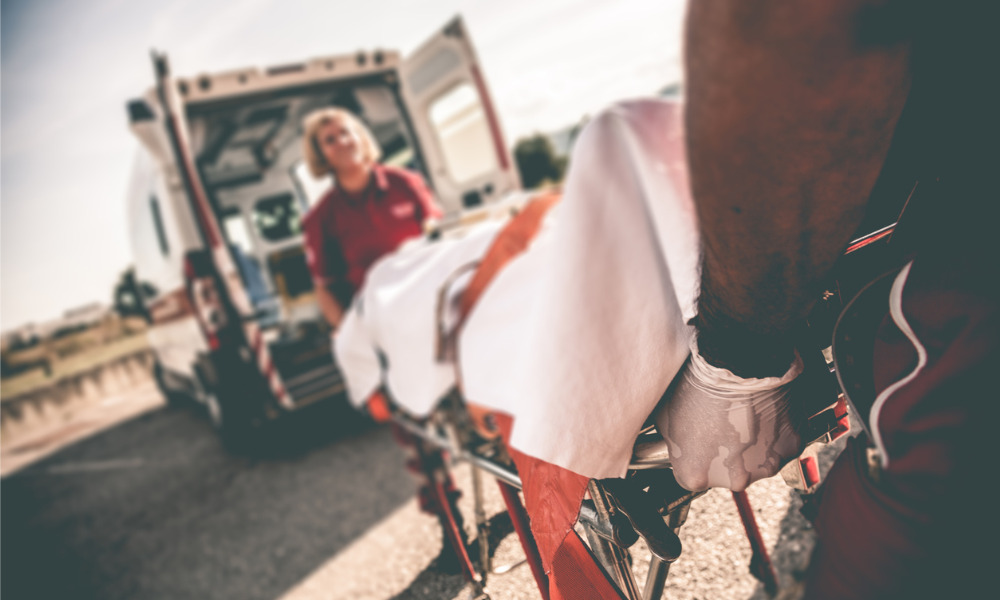Company must pay nearly $144,000 after worker dies in a fall

Nova Scotia furniture company The Brick must pay $143,750 after one of its workers died after falling in the workplace.
The incident happened on June 9, 2020. The Brick employee Martin David sustained a fractured skull after a fall at a Brick location in the Bayers Lake business park on the outskirts of Halifax.
A co-worker found David on the floor of an unlit washroom, with his head in his arms, a Halifax court heard, according to a CBC report. Because David was vomiting and not fully coherent, the co-worker thought he was sick. He didn’t realize David was injured, according to the report.
David was taken to hospital by an ambulance. However, it was not until 30 hours later the family received a phone call from a Halifax hospital and learned he was in intensive care.
'Moral obligation' to reach out
"If The Brick had notified them when Mr. David was taken to hospital, it is possible that they could have been there to comfort him," said Judge Elizabeth Buckle in her decision on the case, according to a CBC report.
Based on evidence presented at the trial showed that a manager only texted David nearly a day and a half after he was taken to a hospital. In her decision, Buckle said managers had a "moral obligation" to reach out sooner to make sure he was OK, and to ensure his family knew he was in hospital, according to the report.
David died two days after the fall incident. David was 47.
'Destroyed evidence'
Buckle found The Brick guilty of health and safety violations. However, the Crown was not able to prove beyond a reasonable doubt that the lack of lighting led to David's fall, a ruling that limited the maximum fine the company could face, according to CBC.
After the hearing, Crown prosecutor Alex Keaveny said, outside of the courtroom, that one thing that made it difficult to prove the link between the darkness and the fall is that The Brick didn't report the accident, according to the report.
Because of that, investigators weren't able to inspect the washroom before it was cleaned.
"I'm not suggesting that they intentionally destroyed evidence, but their negligence led to the destruction of evidence," Keaveny said. "The result, in terms of knowing what happened, is the same."





